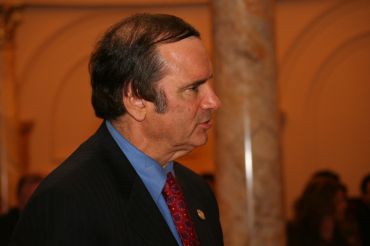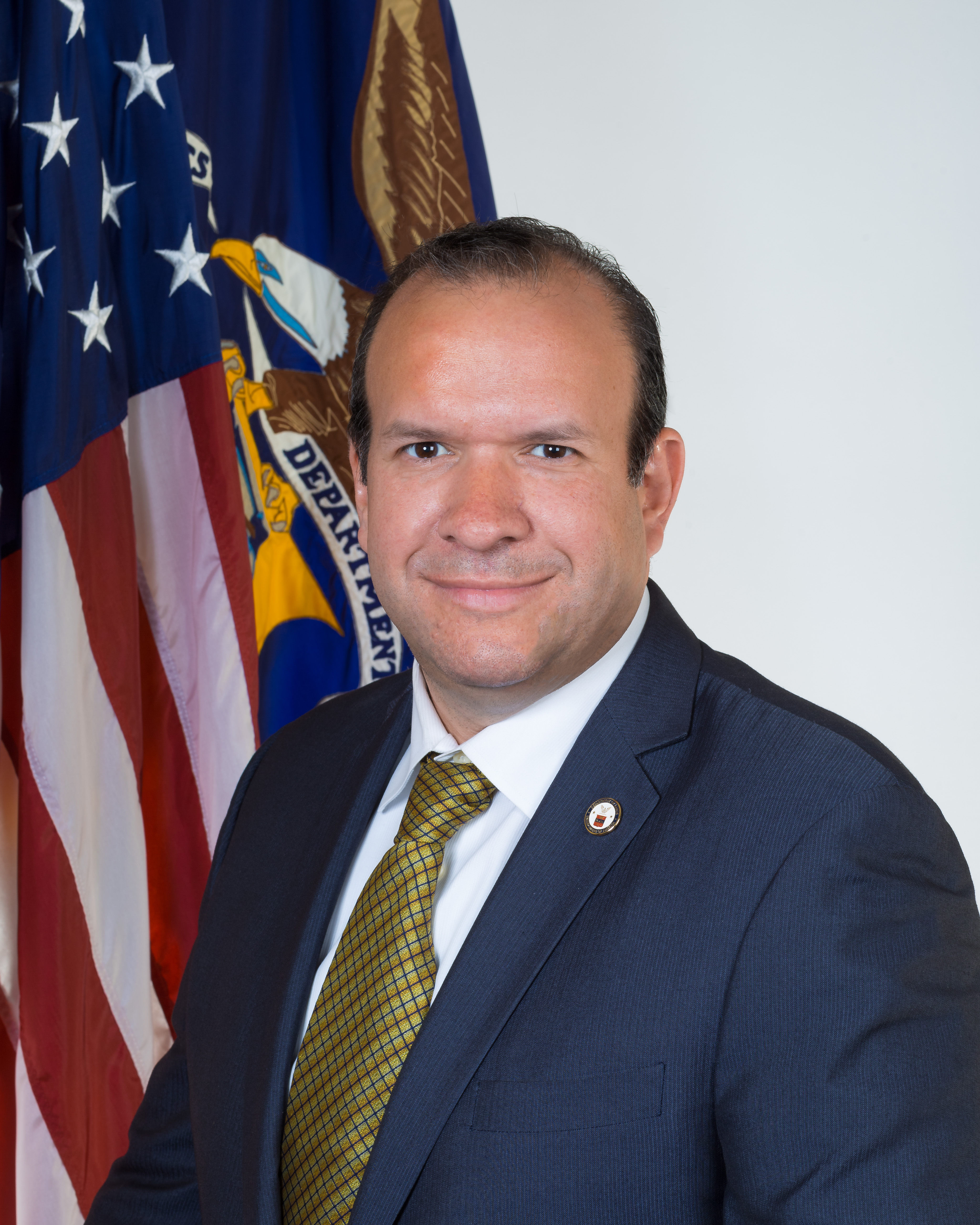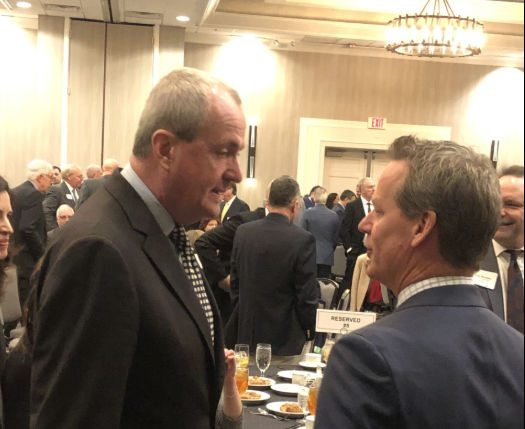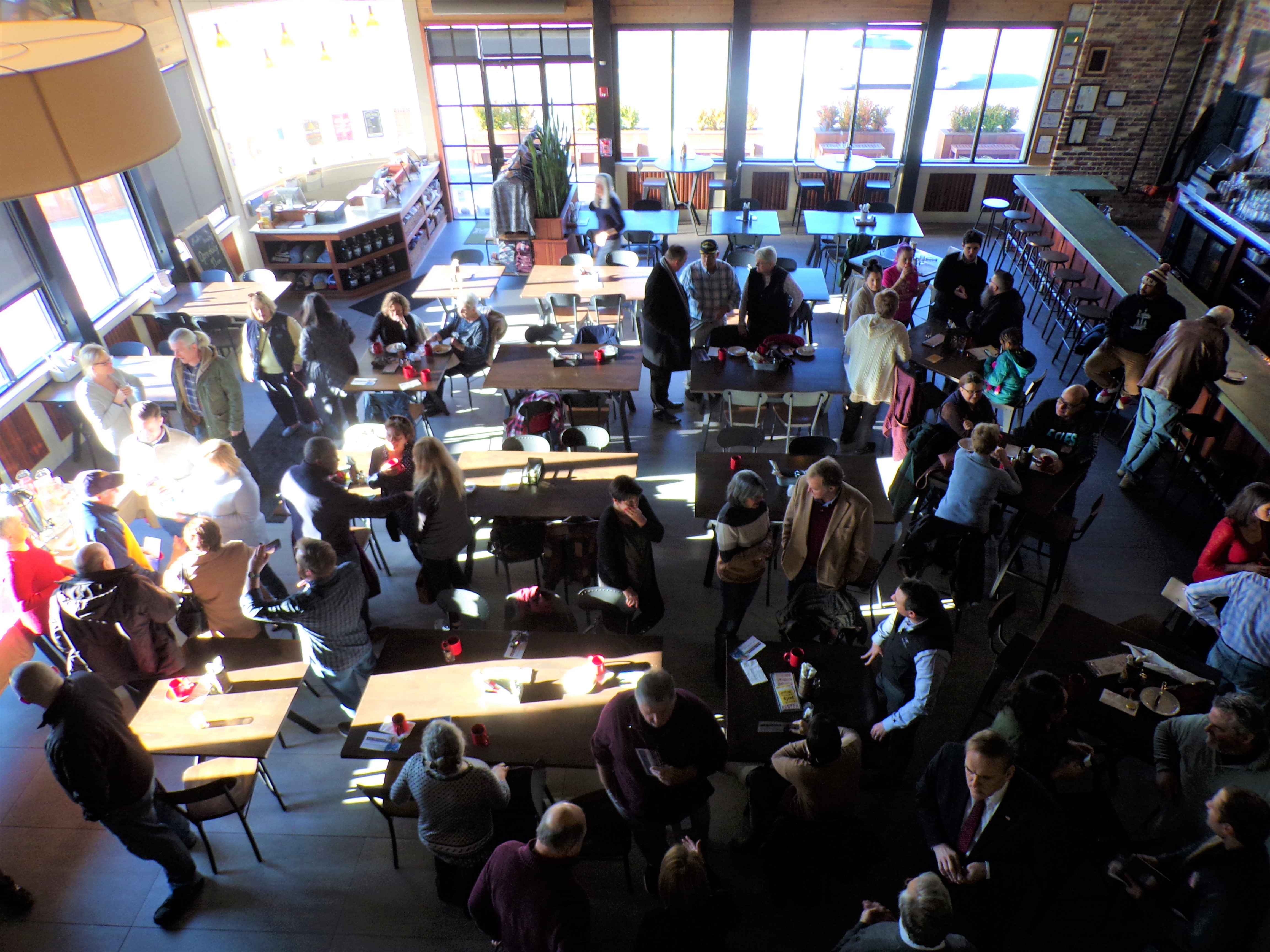Trenton is the capital city of the U.S. state of New Jersey and the county seat of Mercer County. It briefly served as the capital of the United States in 1784. The city’s metropolitan area is grouped with the New York metropolitan area by the United States Census Bureau, but directly borders the Philadelphia metropolitan area and is part of the Philadelphia Combined Statistical Area and the Federal Communications Commission’s Philadelphia Designated Market Area. As of the 2010 United States Census, Trenton had a population of 84,913, making it the state’s 10th-most-populous municipality. The Census Bureau estimated that the city’s population was 84,034 in 2014.
Trenton dates back at least to June 3, 1719, when mention was made of a constable being appointed for Trenton, while the area was still part of Hunterdon County. Boundaries were recorded for Trenton Township as of March 2, 1720, a courthouse and jail were constructed in Trenton around 1720 and the Freeholders of Hunterdon County met annually in Trenton. Trenton became New Jersey’s capital as of November 25, 1790, and the City of Trenton was formed within Trenton Township on November 13, 1792. Trenton Township was incorporated as one of New Jersey’s initial group of 104 townships by an act of the New Jersey Legislature on February 21, 1798. On February 22, 1834, portions of Trenton Township were taken to form Ewing Township. The remaining portion of Trenton Township was absorbed by the City of Trenton on April 10, 1837. A series of annexations took place over a 50-year period, with the city absorbing South Trenton borough (April 14, 1851), portions of Nottingham Township (April 14, 1856), both the Borough of Chambersburg Township and Millham Township (both on March 30, 1888), as well as Wilbur Borough (February 28, 1898). Portions of Ewing Township and Hamilton Township were annexed to Trenton on March 23, 1900.
The first settlement which would become Trenton was established by Quakers in 1679, in the region then called the Falls of the Delaware, led by Mahlon Stacy from Handsworth, Sheffield, England. Quakers were being persecuted in England at this time and North America provided an opportunity to exercise their religious freedom.
By 1719, the town adopted the name “Trent-towne”, after William Trent, one of its leading landholders who purchased much of the surrounding land from Stacy’s family. This name later was shortened to “Trenton”.
During the American Revolutionary War, the city was the site of the Battle of Trenton, George Washington’s first military victory. On December 25–26, 1776, Washington and his army, after crossing the icy Delaware River to Trenton, defeated the Hessian troops garrisoned there. After the war, the Confederation Congress briefly met in Trenton in November and December 1784. While the city was preferred by New England and other northern states as a permanent capital for the new country, the southern states ultimately prevailed in their choice of a location south of the Mason–Dixon line.
Trenton became the state capital in 1790, but prior to that year the New Jersey Legislature often met here. The city was incorporated in 1792.
During the War of 1812, the United States Army’s primary hospital was at a site on Broad Street.
Throughout the 19th century, Trenton grew steadily, as European immigrants came to work in its pottery and wire rope mills. In 1837, with the population now too large for government by council, a new mayoral government was adopted, with by-laws that remain in operation to this day.
The Trenton Six were a group of black men arrested for allegedly murdering a white man with a soda bottle. They were arrested without warrants, denied lawyers, and sentenced to death based on what were described as coerced confessions. With the involvement of the Communist Party and the NAACP, there were several appeals, resulting in a total of four trials. Eventually the accused men (with the exception of one who died in prison) were released. The incident was the subject of the book Jersey Justice: The Story of the Trenton Six, written by Cathy Knepper.
As of March 23, 2011, there were a total of 37,407 registered voters in Trenton, of which 16,819 (45.0%) were registered as Democrats, 1,328 (3.6%) were registered as Republicans and 19,248 (51.5%) were registered as Unaffiliated. There were 12 voters registered to other parties.
In the 2012 presidential election, Democrat Barack Obama received 93.4% of the vote (23,125 cast), ahead of Republican Mitt Romney with 6.2% (1,528 votes), and other candidates with 0.4% (97 votes), among the 27,831 ballots cast by the city’s 40,362 registered voters (3,081 ballots were spoiled), for a turnout of 69.0%. In the 2008 presidential election, Democrat Barack Obama received 89.9% of the vote here (23,577 cast), ahead of Republican John McCain with 8.2% (2,157 votes) and other candidates with 0.5% (141 votes), among the 26,229 ballots cast by the city’s 41,005 registered voters, for a turnout of 64.0%. In the 2004 presidential election, Democrat John Kerry received 79.8% of the vote here (18,539 ballots cast), outpolling Republican George W. Bush with 16.3% (3,791 votes) and other candidates with 0.4% (146 votes), among the 23,228 ballots cast by the city’s 39,139 registered voters, for a turnout percentage of 59.3.
In the 2013 gubernatorial election, Democrat Barbara Buono received 74.7% of the vote (9,179 cast), ahead of Republican Chris Christie with 24.7% (3,035 votes), and other candidates with 0.6% (77 votes), among the 11,884 ballots cast by the city’s 38,452 registered voters (407 ballots were spoiled), for a turnout of 30.9%. In the 2009 gubernatorial election, Democrat Jon Corzine received 81.6% of the vote here (10,235 ballots cast), ahead of Republican Chris Christie with 12.4% (1,560 votes), Independent Chris Daggett with 2.4% (305 votes) and other candidates with 1.1% (135 votes), among the 12,537 ballots cast by the city’s 38,345 registered voters, yielding a 32.7% turnout.
Source: Wikipedia













